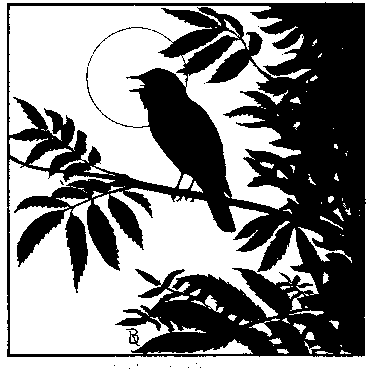 |
| From Drop Box |
Somehow a wilderness grows. The grasses
are full of small animals, the nights so absolute
you could haul yourself through blackness to the stars
and stream down like a stray god on the meadow.
The lake shifts and startles, a vixen cries from her lair.
The cottage veers and shakes and makes
like a mad thing for the trees. If there is a dog
he is barking now, shocked head pummelling air.
If there are foxes they are running, if the dead
have spilled from their fields they are here now
running headlong into the night. They are lost
and their gods with them, running down the narrow
lanes, leaping into hedgerows and ditches, mingling
with ash branches, rushes, the sleeping machines
in their sheds.
Sequence continues in The Manchester Review
Click here for the rest of the issue







